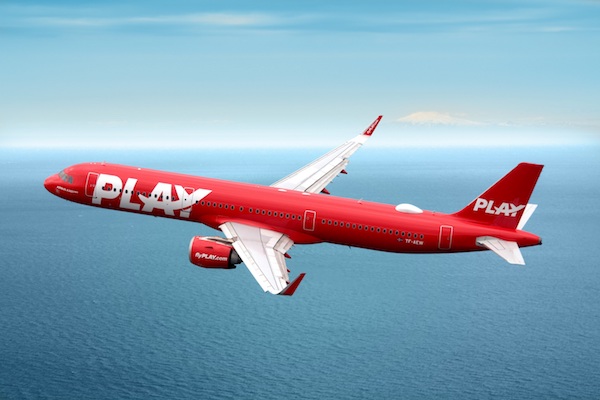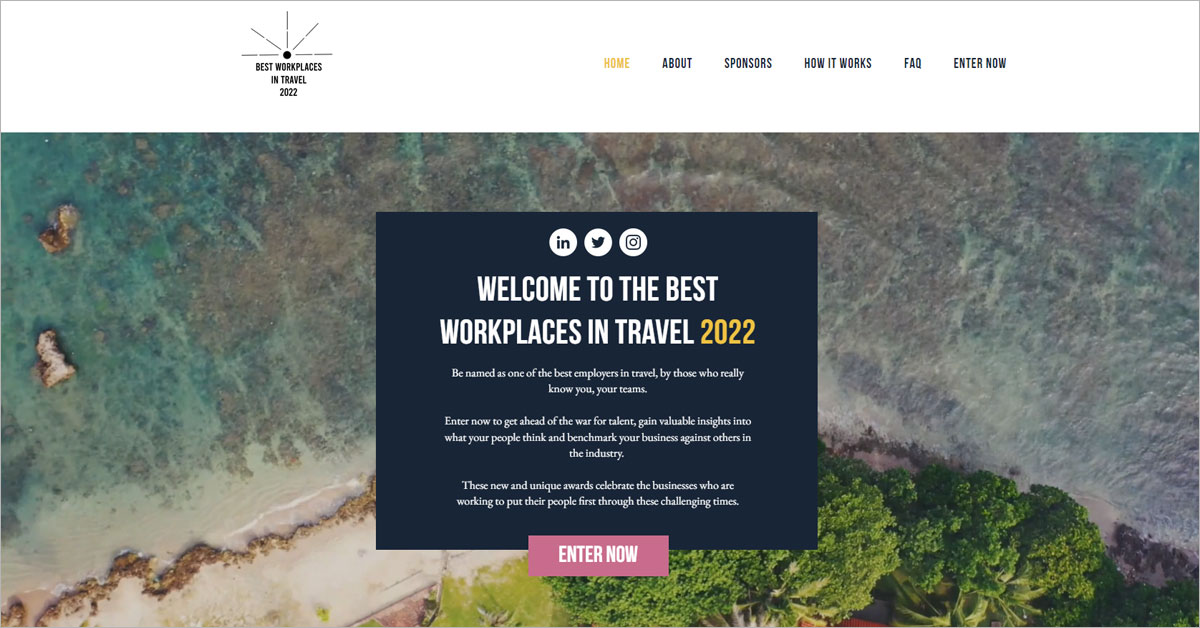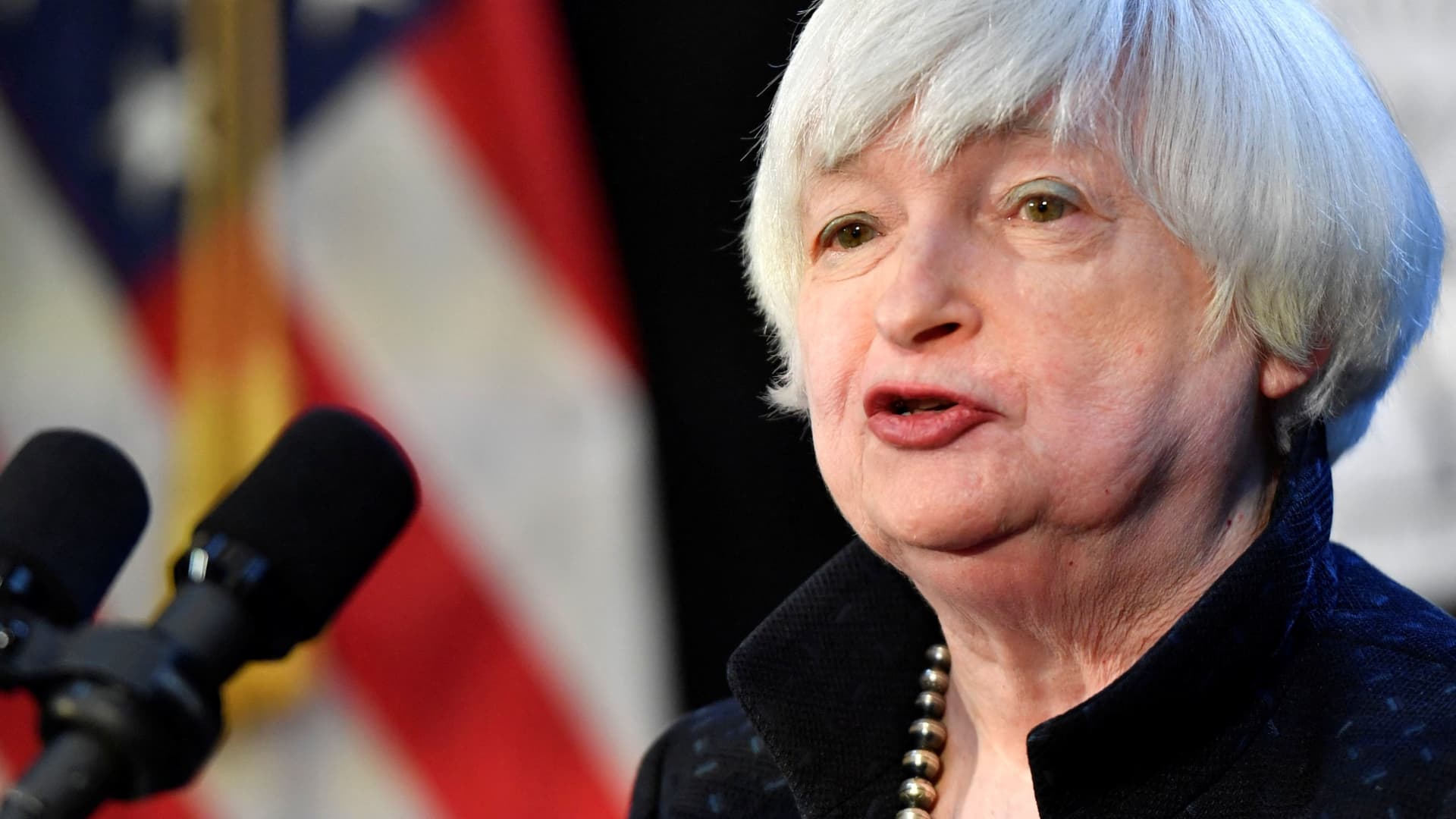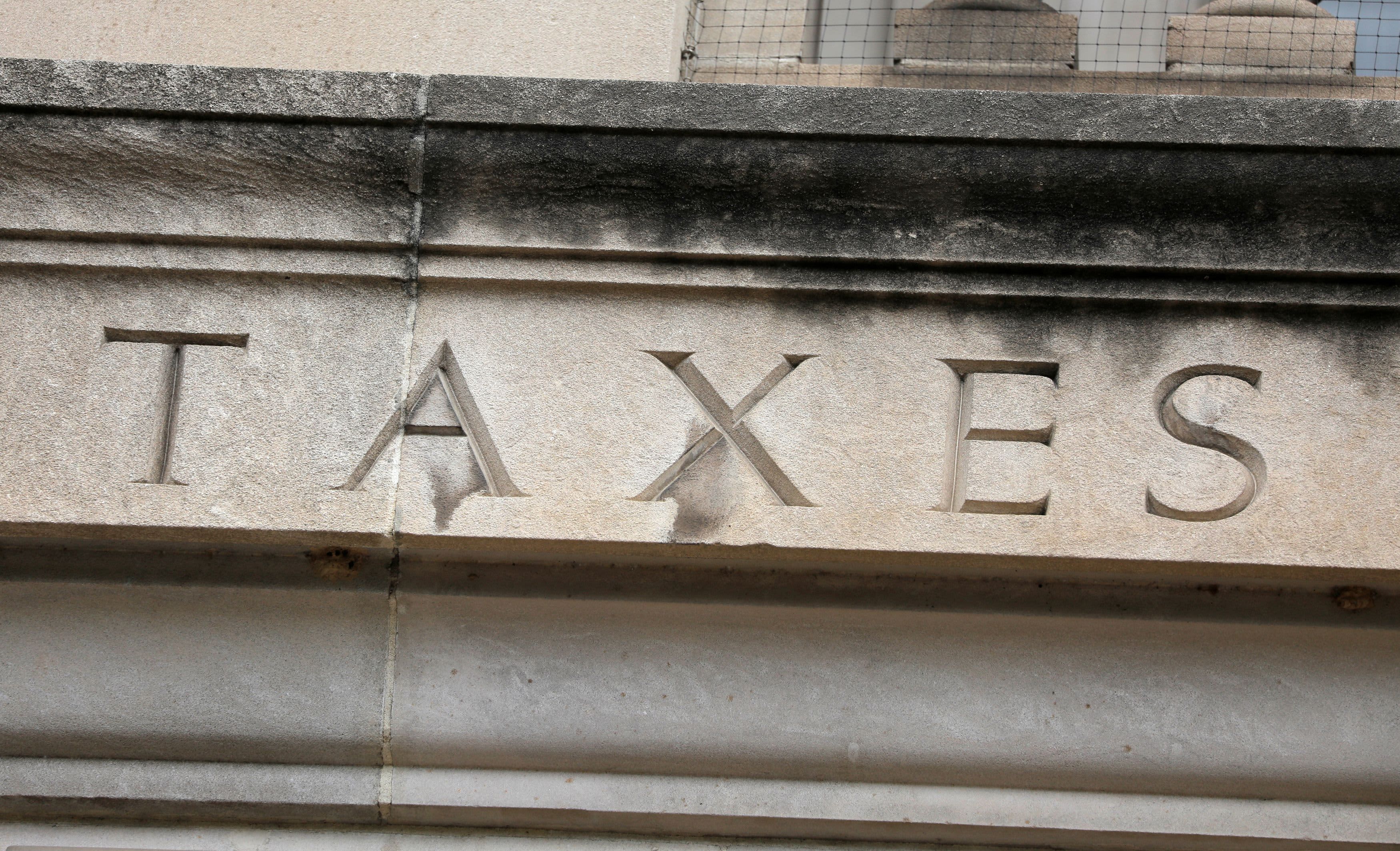Play attracts $81m in funding ahead of transatlantic expansion
Icelandic start-up carrer plans 15-strong fleet

Icelandic budget carrier Play has raised more than $80 million to support its start-up as it plans for transatlantic expansion.
This came as the airline saw half year losses mount to $1.8 million compared to $1.1 million for the same period the previous year.
The airline claims to be on track to launch flights to North America in 2022 as part of a hub and spoke strategy using Iceland as a link between the rest of Europe and the US.
Staff numbers are set to more than double from 131 to more than 300 as more Airbus A320neo aircraft are leased to give a fleet size of at least nine aircraft by spring 2023, up from six by next spring.
Play is in final negotiations to lease the tenth aircraft with terms “better than anticipated” in its business plan.
Negotiations for additions to the fleet for 2024 and 2025 are also ongoing, bringing the total fleet to 15 aircraft by 2025.
The airline raised $47 million in April ahead of the launch of flights to Stansted in June when the balance sheet was strengthened with an IPO to bring in a further $34 million.
But a rise in Covid-19 cases in Iceland in mid-July subdued a positive trend in demand from the country.
A number of customers took advantage of flexible terms and rescheduled their travel dates.
This meant a transfer of income and load in time, without loss of revenue, according to the carrier.
Play carried 9,899 passengers as aircraft flew less than half full with a load factor of just 41.7%.
Frequent changes to government travel restrictions and new Covid-19 cases negatively influenced demand and utilisation in the short term, the airline said.
August showed a “promising trend” as ticket sales increased and the outbound market recovered.
The August load factor improved to 46.4%, with more than 17,300 passengers carried – almost double the July number.
Play said: “These numbers reflect increased demand from Icelandic customers following the decrease of new Covid-19 infections in the country. The load factor is expected to rise in September for the second consecutive month.”

 Lynk
Lynk 































